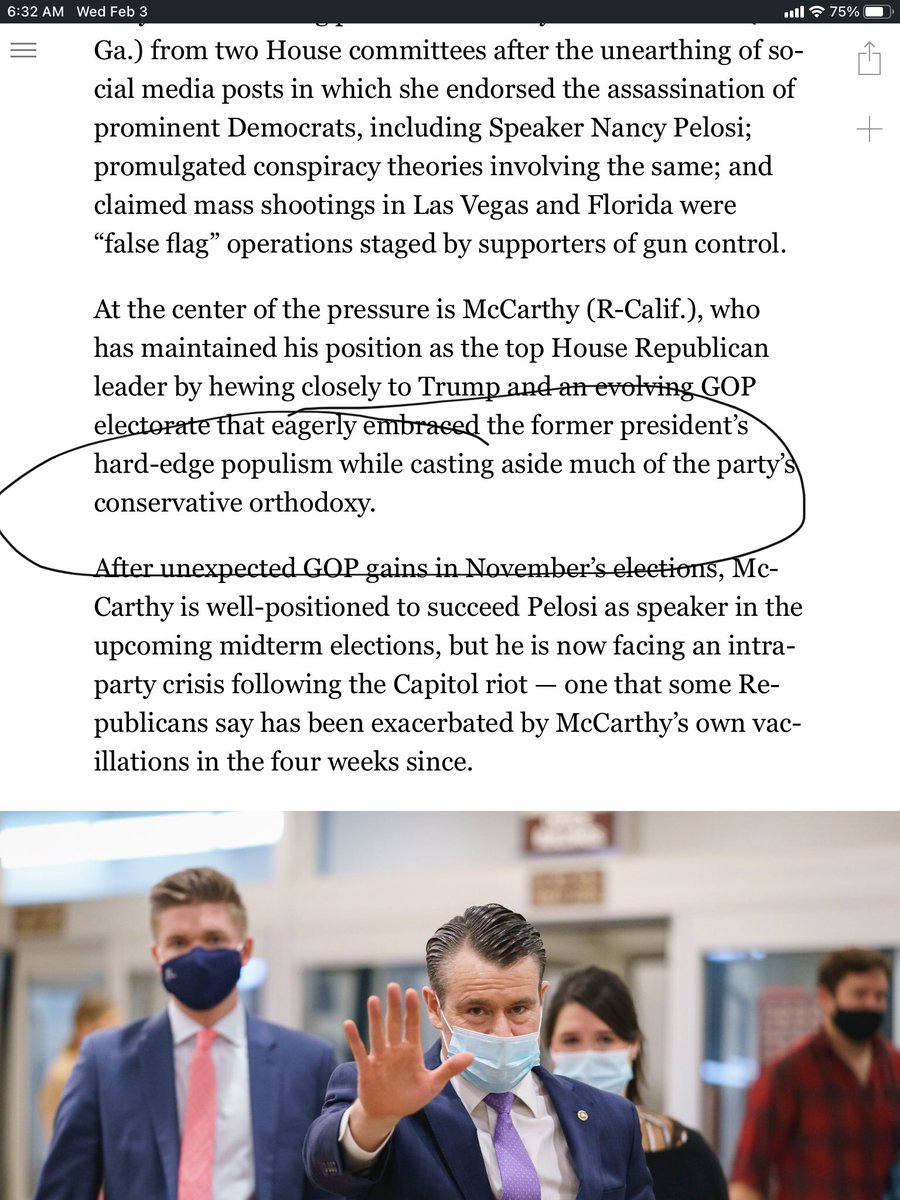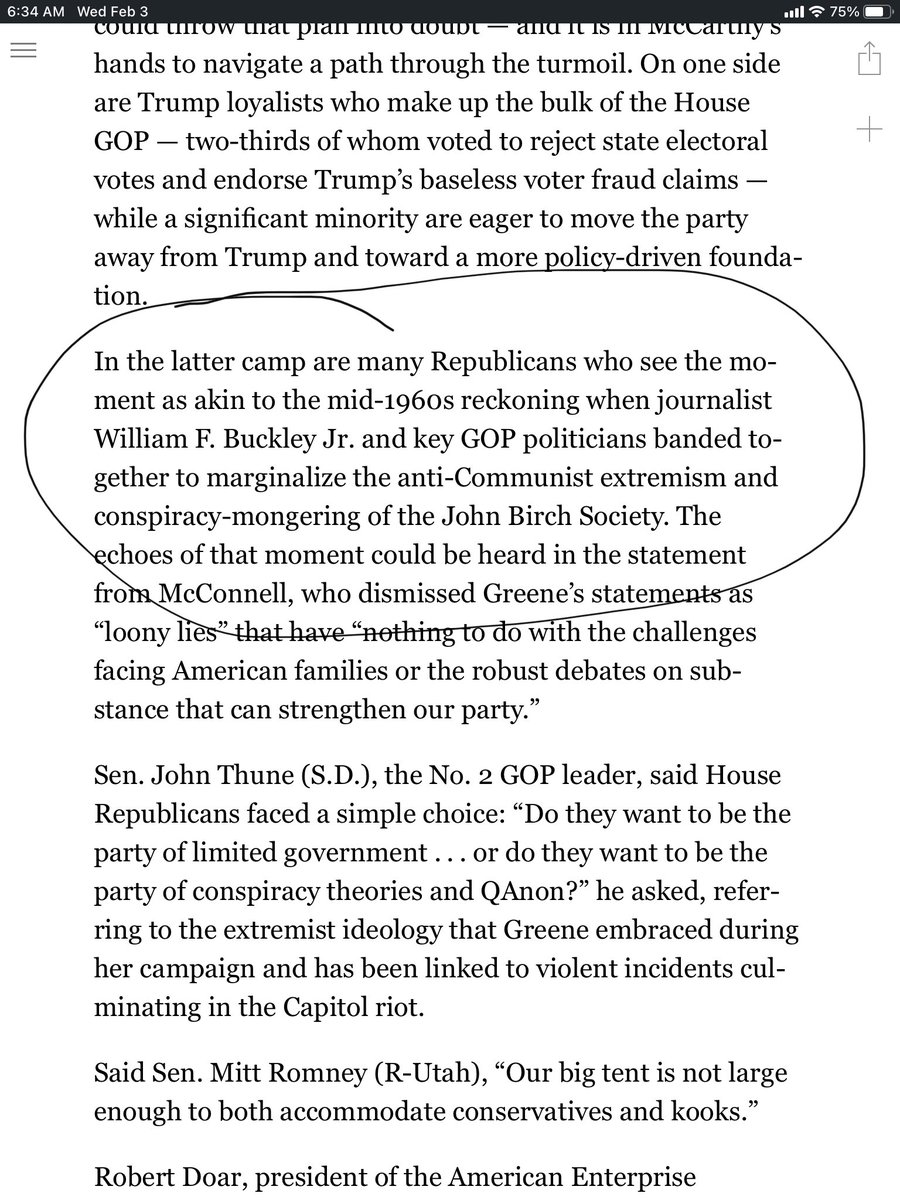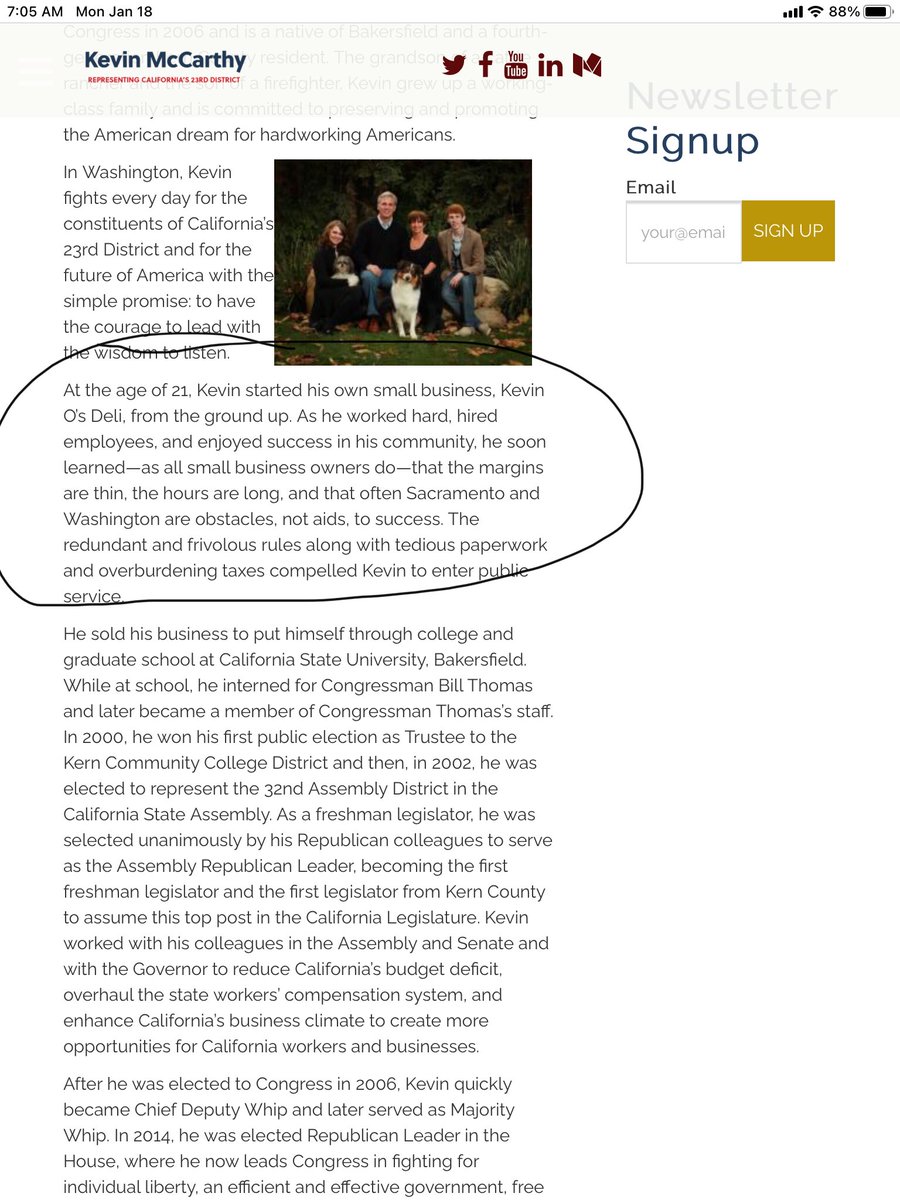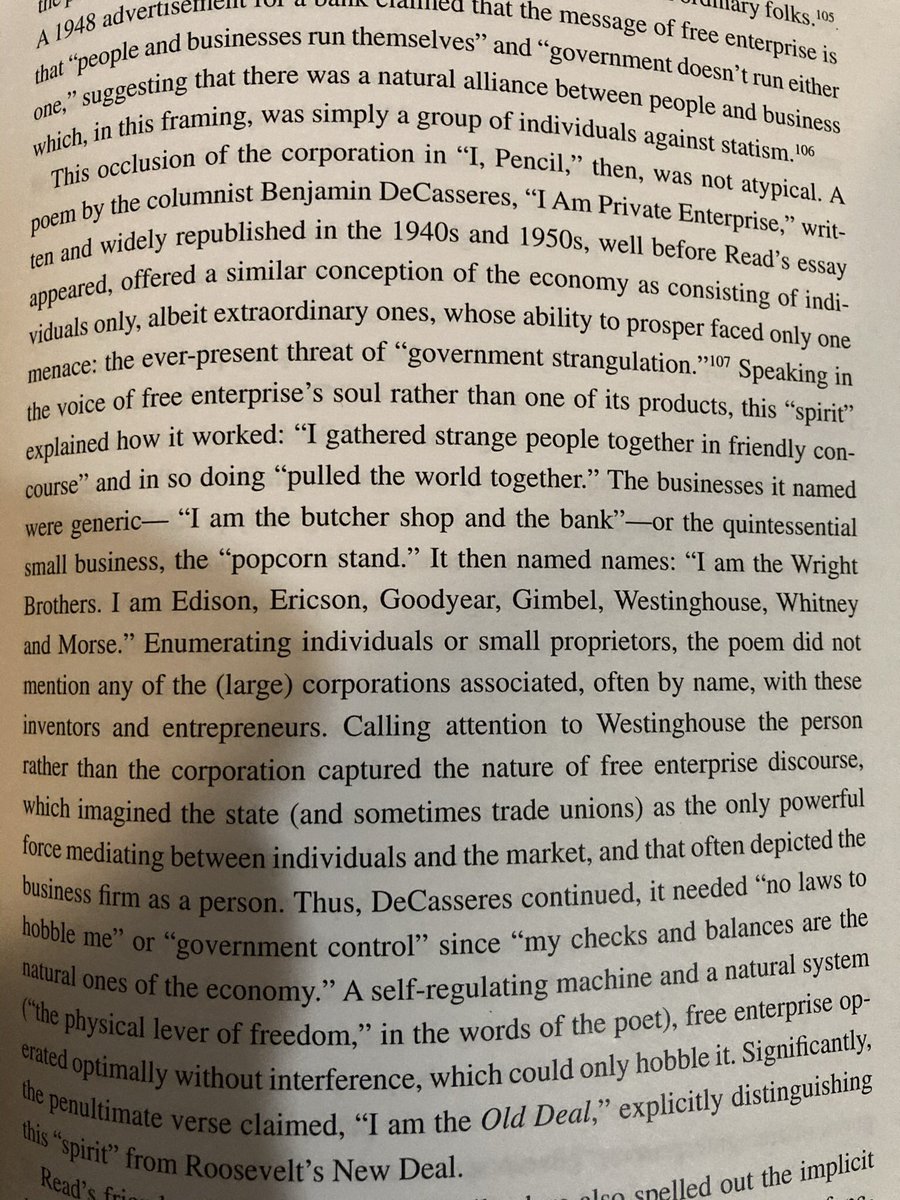
This is an insightful piece by @chrislhayes on how the GOP is radicalizing against democracy but I disagree with the claim that the GOP is "moderating on policy." /1
theatlantic.com/ideas/archive/…
theatlantic.com/ideas/archive/…
Yes, "public opinion is trending left" but I don't see a lot of evidence that the GOP "moderated" during the Trump administration, which pushed tax cuts for the rich, repealing ACA, deregulation, conservative judges, all with near-unanimous support from the GOP conference. /2
Hayes say, "If Trump had come out strongly for a $15 minimum wage, the party’s base would have backed him." Perhaps. But Trump opposed an increase in the minimum wage, & as this piece notes, “The vast majority of Republicans" oppose it. /3
cnbc.com/2021/01/26/dem…
cnbc.com/2021/01/26/dem…
Given that the vast majority of the GOP voted for "skinny repeal" of ACA, which would have taken health insurance away from millions, that is is accurate to say that the "GOP under Trump largely abandoned attempts to cut the social safety net."/4
And given that their major legislative achievement was a tax cut that disproportionately favored the wealthy that Paul Ryan helped engineer, that is is accurate to say that, "Paul Ryanism, as an ideology and a message, is dead; it has no real constituency."/5 
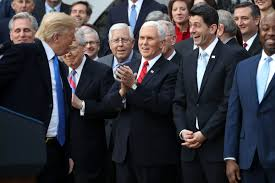
It didn't necessarily work that well everywhere, but the GOP campaign message from Trump on down was the venerable anti-New Deal mantra that the Democrats were socialists planning to take away freedom. If anything the GOP doubled down on this theme in 2020./6
Chris is surely right that the target of culture war arguments have shifted away from gay marriage toward other targets, but that is the nature of culture wars. And not just Trump but the GOP has doubled down on grievance and victimization. /7
nbcnews.com/feature/nbc-ou…
nbcnews.com/feature/nbc-ou…
So while I agree Hayes's key points that progressive policies are winning in the court of public opinion and that the GOP has become a dangerous anti-democratic party, I don't see much evidence of policy moderation in the party as a whole./8
The near-Party-line House and Senate votes on the Biden Covid relief plan would seem to support the view that the GOP playbook will be similar to what it was in the Obama era. /9
cnbc.com/2021/02/05/bid…
cnbc.com/2021/02/05/bid…
The GOP has built its brand on undermining faith in government (even while enacting government programs that benefit the wealthy and corporations) and as @ThePlumLineGS notes this is a key faultline in the partisan debate about the Covid relief package./10
washingtonpost.com/opinions/2021/…
washingtonpost.com/opinions/2021/…
*Apologies for the typo and some missing words in a few of the tweets in this thread. I hope the meaning was clear. /11
• • •
Missing some Tweet in this thread? You can try to
force a refresh

